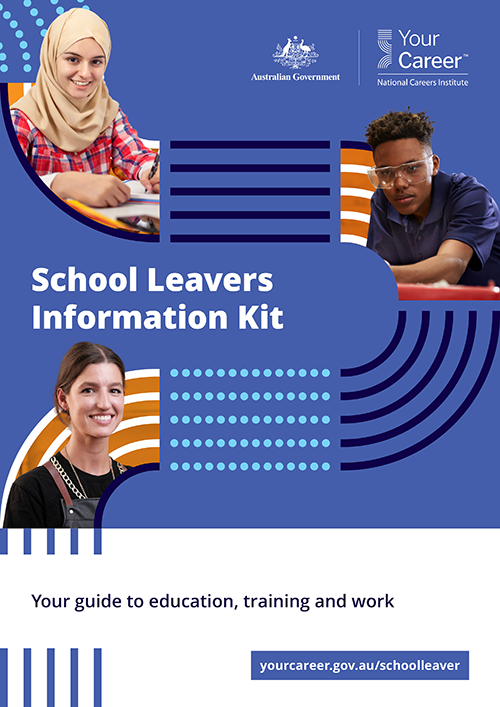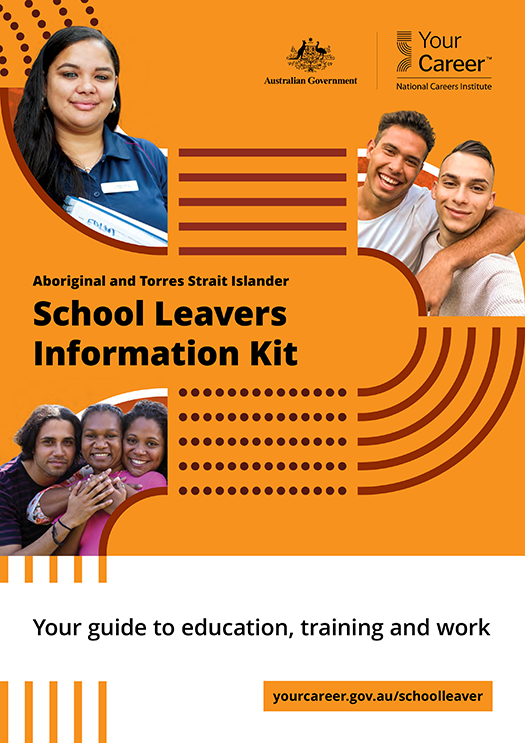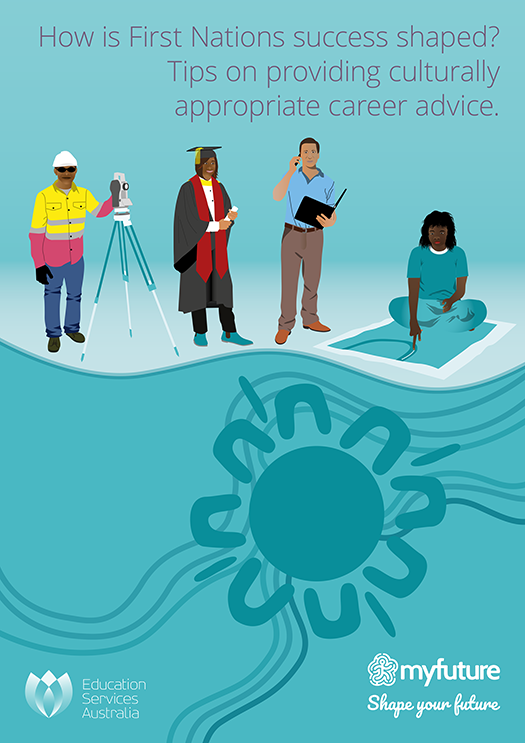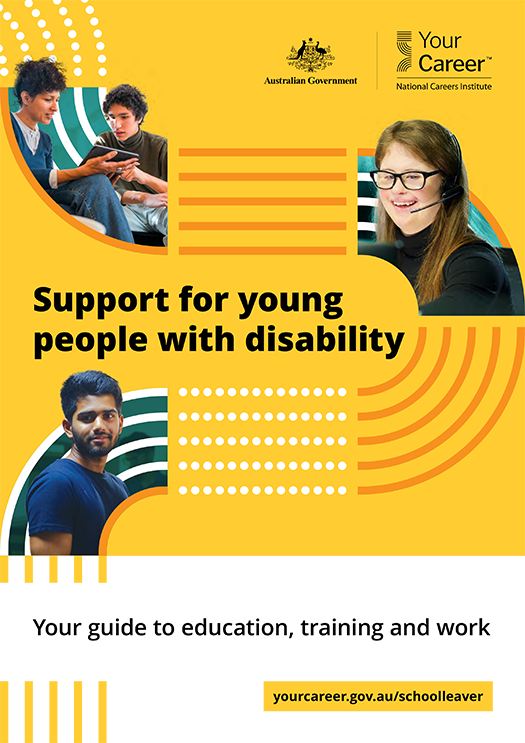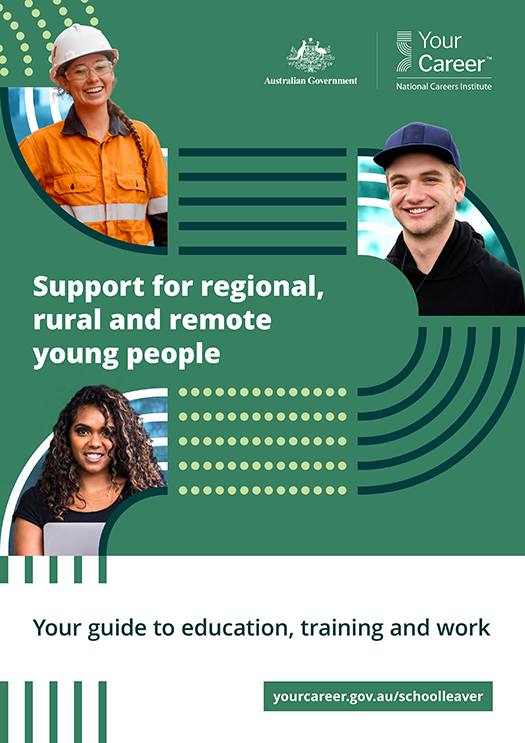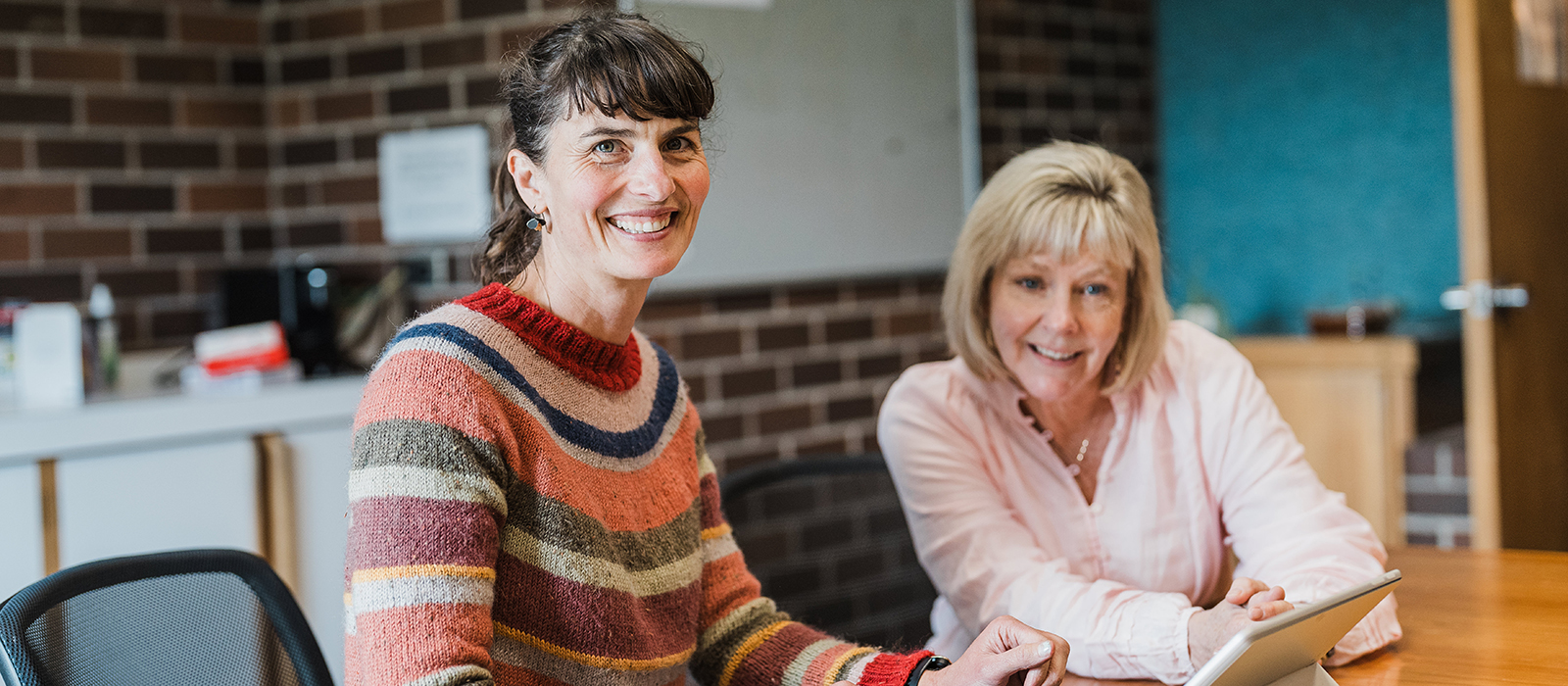
Do you know what a career is?
A lot of people think that a career is a series of jobs or an occupation. But a career is the total sum of skills and education gained from your personal and professional life. This means that the very first career decisions made in life start in Years 9 and 10 and career decisions are made right through to Year 12 and beyond.
A person’s career is as unique as them, and choosing a path is not a one size fits all approach. So rather than sending students down a particular pathway, it’s better to support them as they explore their options. You can do this by providing tools and techniques to empower students to explore their options and make career decisions. There’s a 4 step model that aids this and it’s based on career development theory. Once young people know this, they can use it now and later in life. This is super handy because it’s forecasted that young people will change occupations or jobs 17 times in their lifetime. Learning about this model now will set them up for a lifetime of career decisions. Learn about what a career is and the 4 steps in career decision making.
Resources for teachers and students
Careerify’s Resources page brings together informative downloads in one easy place. It’s also got posters, flyers and activities from our Career Toolkit pages which can help students during, and after life at school.
Guide them
Rather than sending students down a particular pathway, it’s better to support them as they explore their options

Send them to Careerify
Encourage students to visit this website. The site features:
- Career Toolkit – Articles and activities to help through each step of career decision making. New items will be added each month.
- Resources – A quick access page to the activities in a downloadable format.
- Career Stories – where people share their own career to date. They’re great inspiration and a reality check on how careers vary greatly for each person.
- The Calendar – shows up coming events as well as a few things students should be doing at different times of the year to support their career exploration or decision making.
Find out about course options
To find out what Year 11 and 12 courses are on offer across Tasmania visit the Year 11 and 12 Course Guide. Exploring post-year 12 courses should be part of the student’s exploration at this stage. Some courses have pre-requisite subjects that students can plan for in Years 11 and 12.
What are the rules for staying in school?
In Tasmania, all students must stay in education or training until they turn 18 or meet a leaving requirement, such as:
- Completing Year 12
- Turning 18 years of age
- Complete a Certificate III qualification
What are the options for students to work towards achieving their TCE or TCEA?
There are a number of course options available to make up an Approved Learning Program. This enables students to pursue a TCE or TCEA qualification:
- TASC courses
- VET courses
- Australian School-based Apprenticeships and Traineeships (ASbAs)
- University Connections Programs and High Achiever Programs (University of Tasmania)
- Recognised Formal Learning
What are the options for students after Year 12?
- Continue with further education or training through a University or VET courses at TasTAFE or another VET provider
- Do a traineeship with an employer
- Do an apprenticeship with an employer
- Enter the workforce full-time or part-time
- Take a gap year
What are the career pathway options and support for young people with disabilities?
Deciding on a career path in high school is a serious challenge for any student. It’s exactly the same for students who may have a disability. Perhaps you know a student who has no idea what they’d like to do after they leave school. Or they might be having doubts about themselves and how their disability will affect their employment. The sooner you start talking about career options, and the pathways that can help them get there, the better. Let’s get started!
What support and resources are available for Aboriginal and Torres Strait Islander students?
Do you know a young Aboriginal or Torres Strait Islander student moving from Year 10 into Year 11 and 12 or other pathways? We have collected some information to help them explore their options or support the path they’re on. waranta tapilti – let’s go!
What occupation options are there?
- Visit Jobs and Skills Australia to see a pretty comprehensive list of occupations. It includes information on weekly pay, skill level and what the growth rate is for occupations.
- Visit the ‘my future’ bullseyes – these resources show occupation profiles relating to subject learning areas
What work experience options are there?
Students don’t have to be enrolled in a VET course to do work experience. Work experience can give students insight into possible career options. It can also open up opportunities for apprenticeships/traineeships and employment (it’s good to be familiar with your school’s procedures on work experience).
Do you know a young person who is not ready for career conversations?
A young person may not be ready to consider their career options. It could be due to other significant things happening in their life such as health conditions, living arrangements, financial pressures, relationships or other barriers. Reach out to these supports within your school:
- School support team
- Grade Leaders and Assistant Principals
- Home Group Teachers
- Subject Teachers
You can also get support by:
- Viewing the helpful contacts postcard prepared by the Student Wellbeing team
- Emailing the Career Education team
Inspire them
Things you can say to reassure them
Encourage them to try different things
Get them trying different courses, work exposure and extra curricular activities. It will help them figure out what their interests, skills and values are. It will also help them find out what workplace and training environments they prefer.
Reassure them their career will be as unique as them
Let them know there’s ‘no one size fits all’ approach to a career and that it’s a journey of trial and error. Just take one step at a time.
Manage their expectations
Prepare them for change, let them know their career will have many twists and turns, and highs and lows (and that’s ok). So always have a back up plan or two!
Empower them with the career decision journey
Help them understand there’s a process when making career related decisions and to trust it. Once they’re across it they will have the confidence to make career decisions now and later in life.
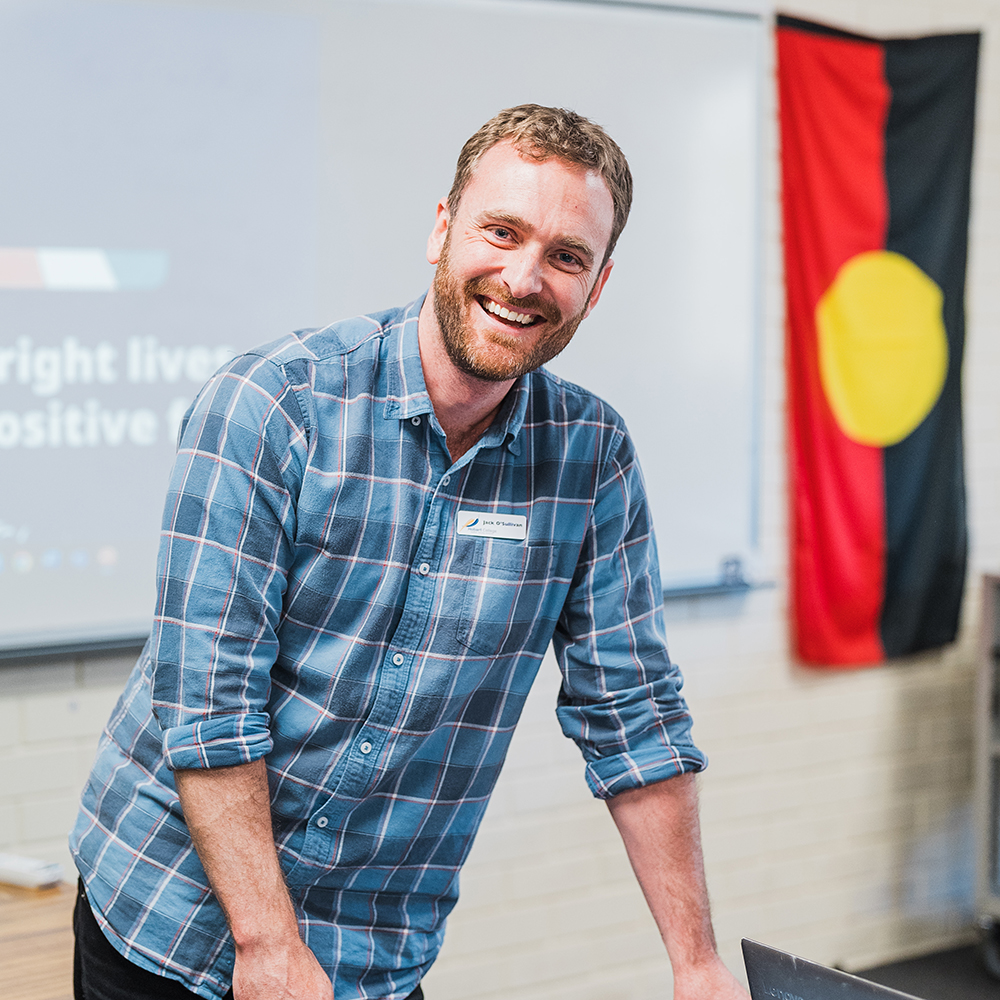

Encourage them to build their support network
Help them identify who they can talk to while at school and once they leave. And get them to name up trusted people in their lives who can mentor and support them once they leave school.
Get them connected with their community
Let them know they can connect with relevant services and groups in their community.
All pathways are equal
There are a number of education and training options available to young people. Avoid discouraging any particular pathway. Encourage them to explore the pathway that is the best fit for them.

